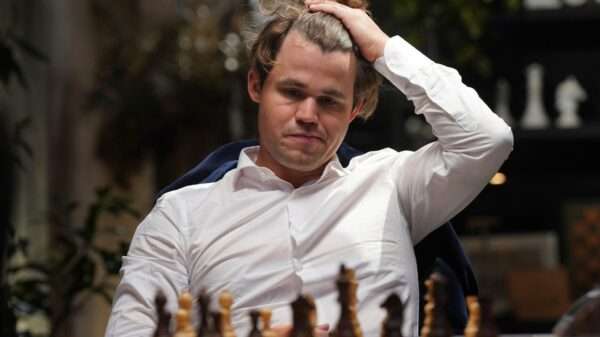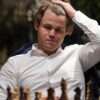The Paris Olympics have not only showcased athletic prowess and international competition but have also highlighted a surprising twist in the world of breakdancing, or “breaking,” a discipline newly featured in the Games. The latest viral sensation involves an Australian professor whose enthusiastic but ultimately unsuccessful breakdancing routine captured global attention for all the wrong reasons. Despite high expectations and considerable hype surrounding the inclusion of breaking as an Olympic sport, the professor failed to score a single point, igniting a flurry of discussions online.
The spectacle of her performance, which was intended to demonstrate the sophisticated artistry and physical skill inherent in breaking, instead became a focal point for criticism and amusement. Social media buzzed with commentary as viewers around the world watched her elaborate moves fall short of the judges’ standards. This unexpected turn of events served to underscore the challenges and high stakes of Olympic competition, even in a discipline that prides itself on creativity and personal expression.
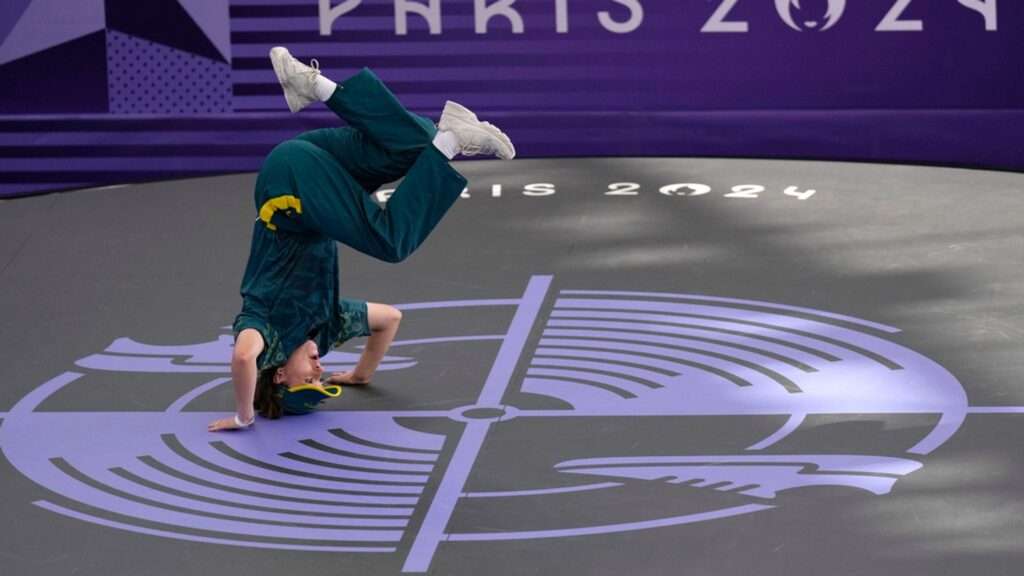
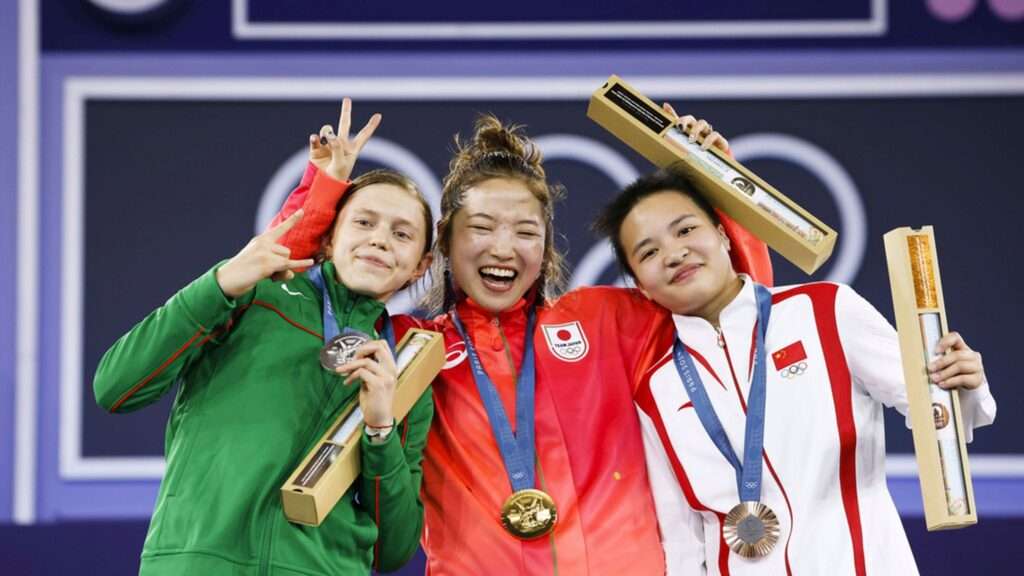
Adding to the drama of breaking’s Olympic debut were controversies involving other competitors. One prominent incident involved a refugee breakdancer who faced disqualification after making critical remarks about the Taliban. The competitor’s comments, made during a pre-competition interview, sparked a significant debate about freedom of speech versus the rules governing athlete conduct. The disqualification, while grounded in official regulations, was seen by many as an unsettling infringement on personal expression, highlighting the complex intersection of politics and sport.
In a separate but related controversy, another competitor faced allegations of cultural appropriation. The debate cantered around the competitor’s use of elements that some felt misrepresented or exploited the cultural origins of breaking, which emerged from street dance communities in the 1970s. Critics argued that the athlete’s interpretation strayed too far from the art form’s roots, turning what is often seen as a celebration of diverse cultural expressions into a contentious issue about respect and authenticity.
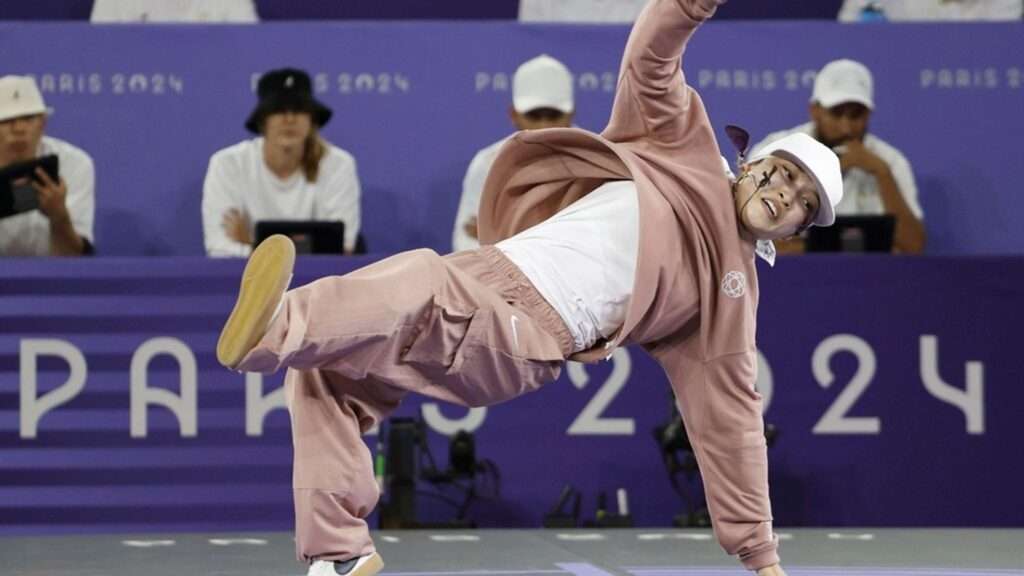
These controversies, combined with the Australian professor’s notable performance, have ensured that breaking remains a hot topic well beyond the confines of the Olympic arenas. As the Games continue, they serve as a reminder of the delicate balance between innovation, tradition, and respect in the ever-evolving landscape of global sport.






































